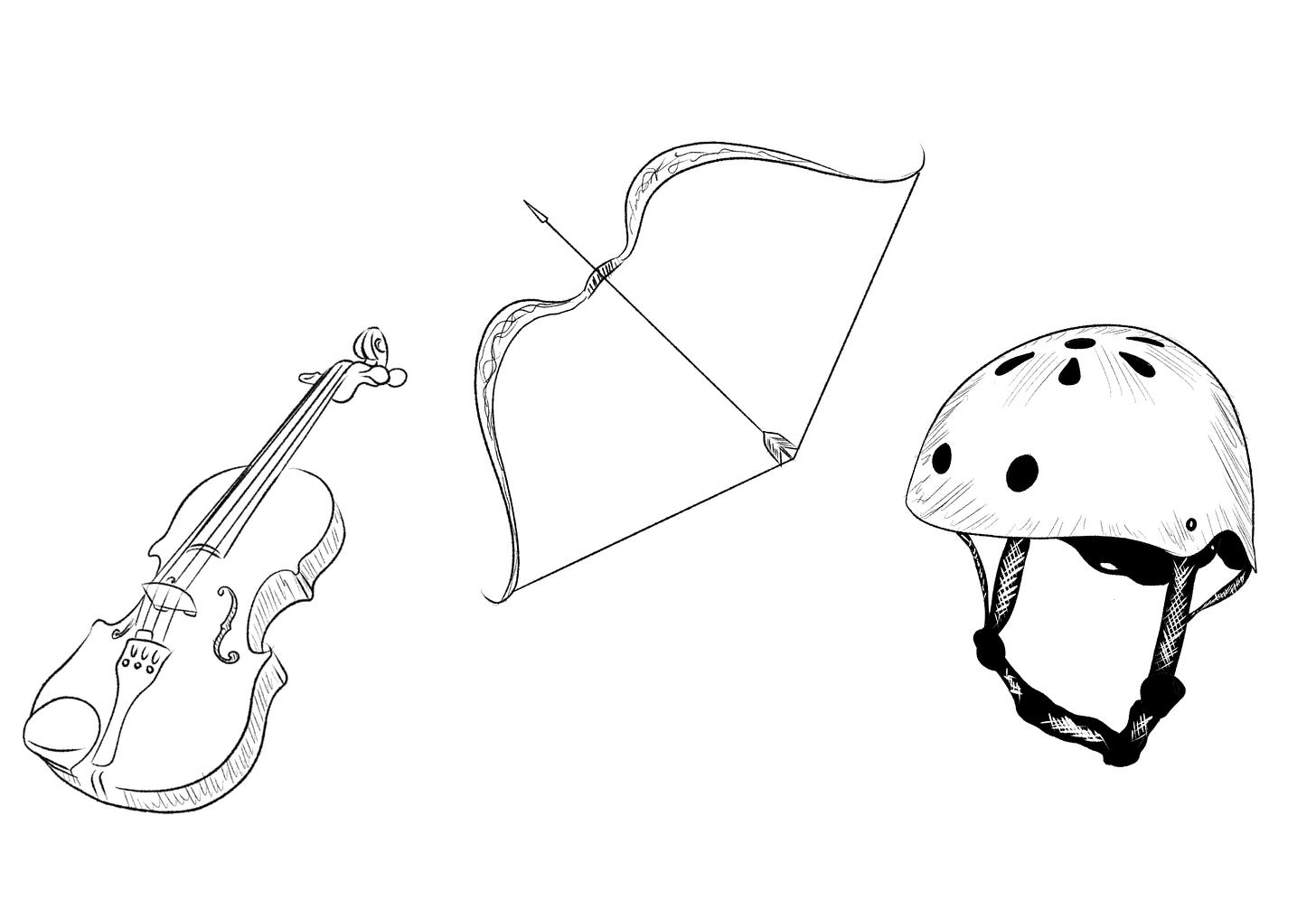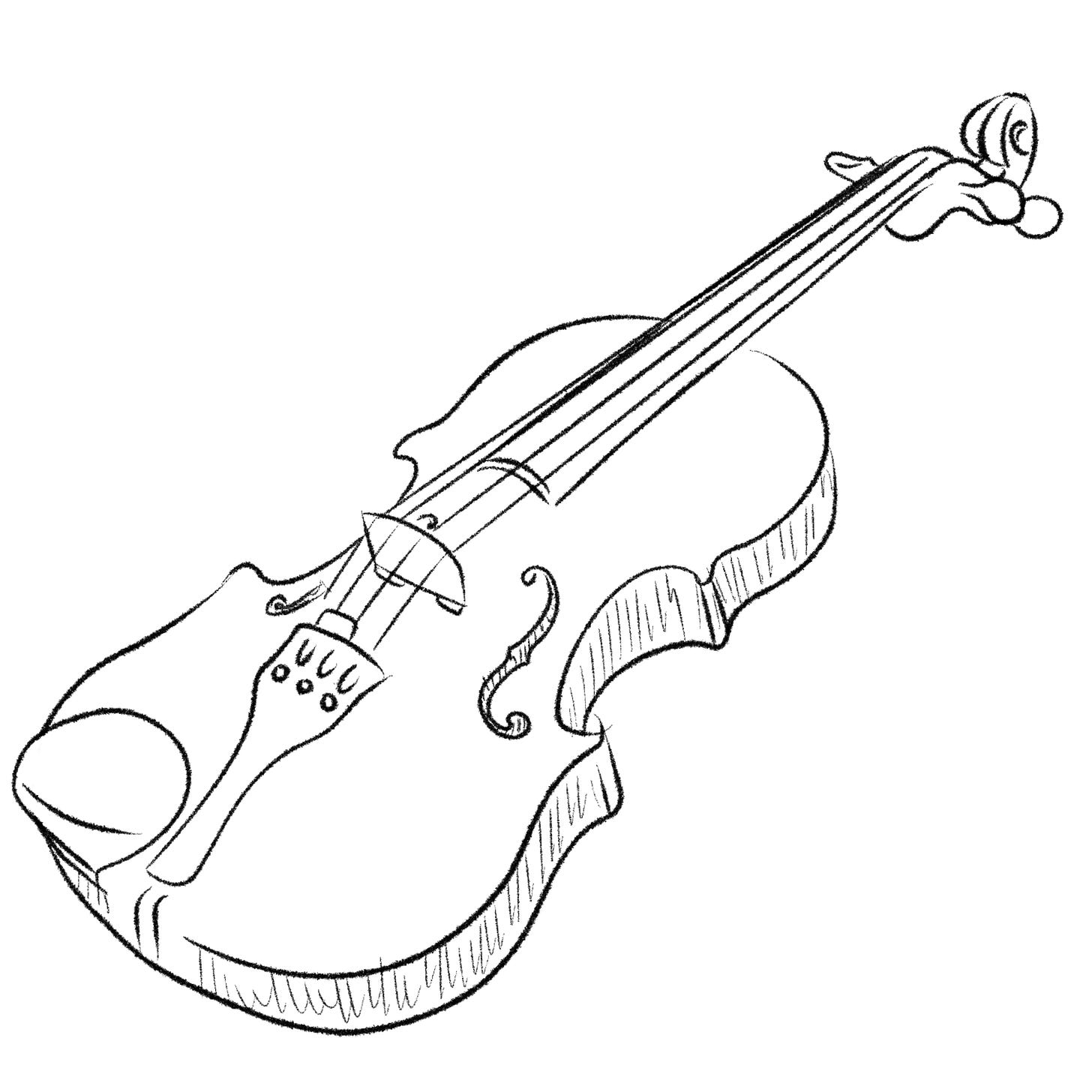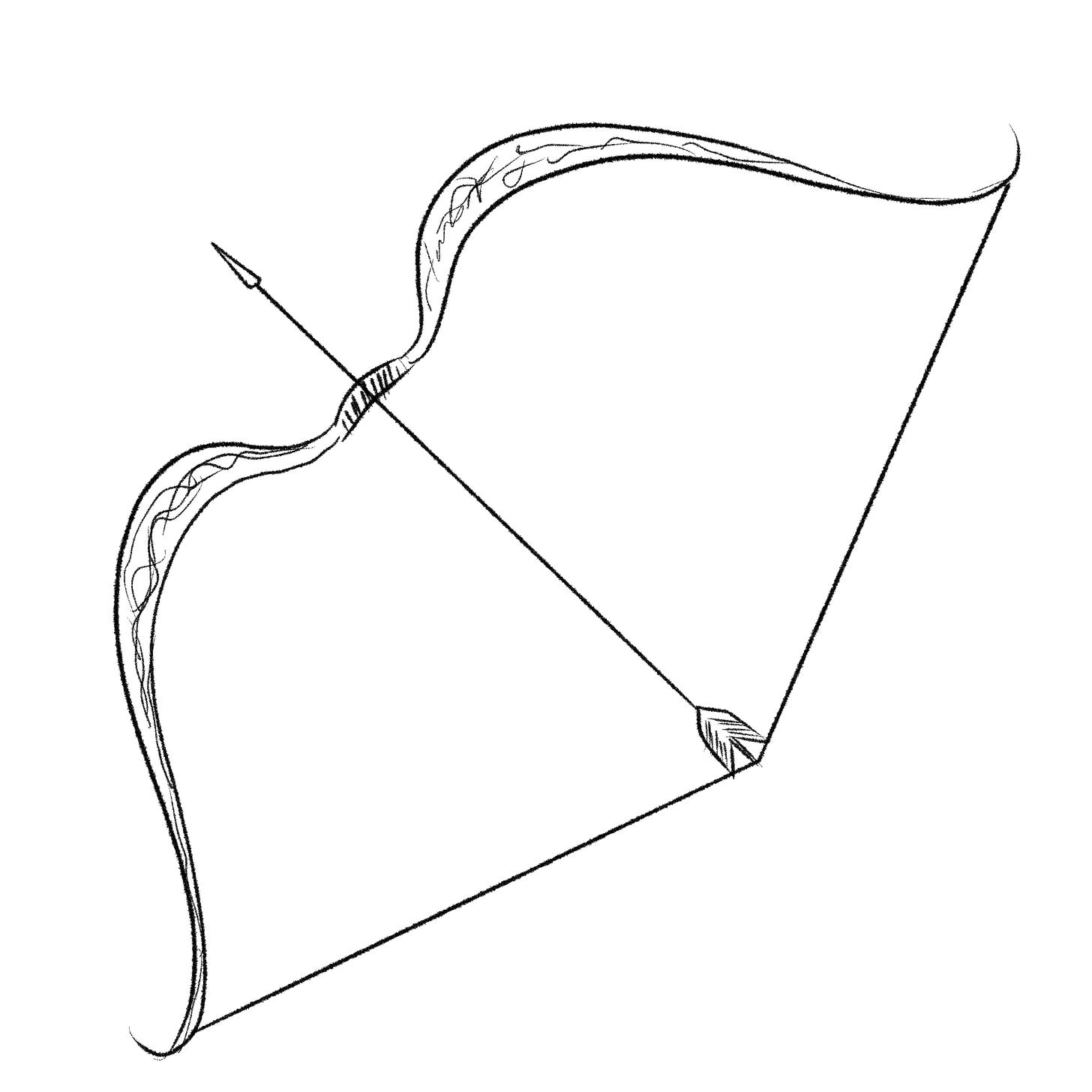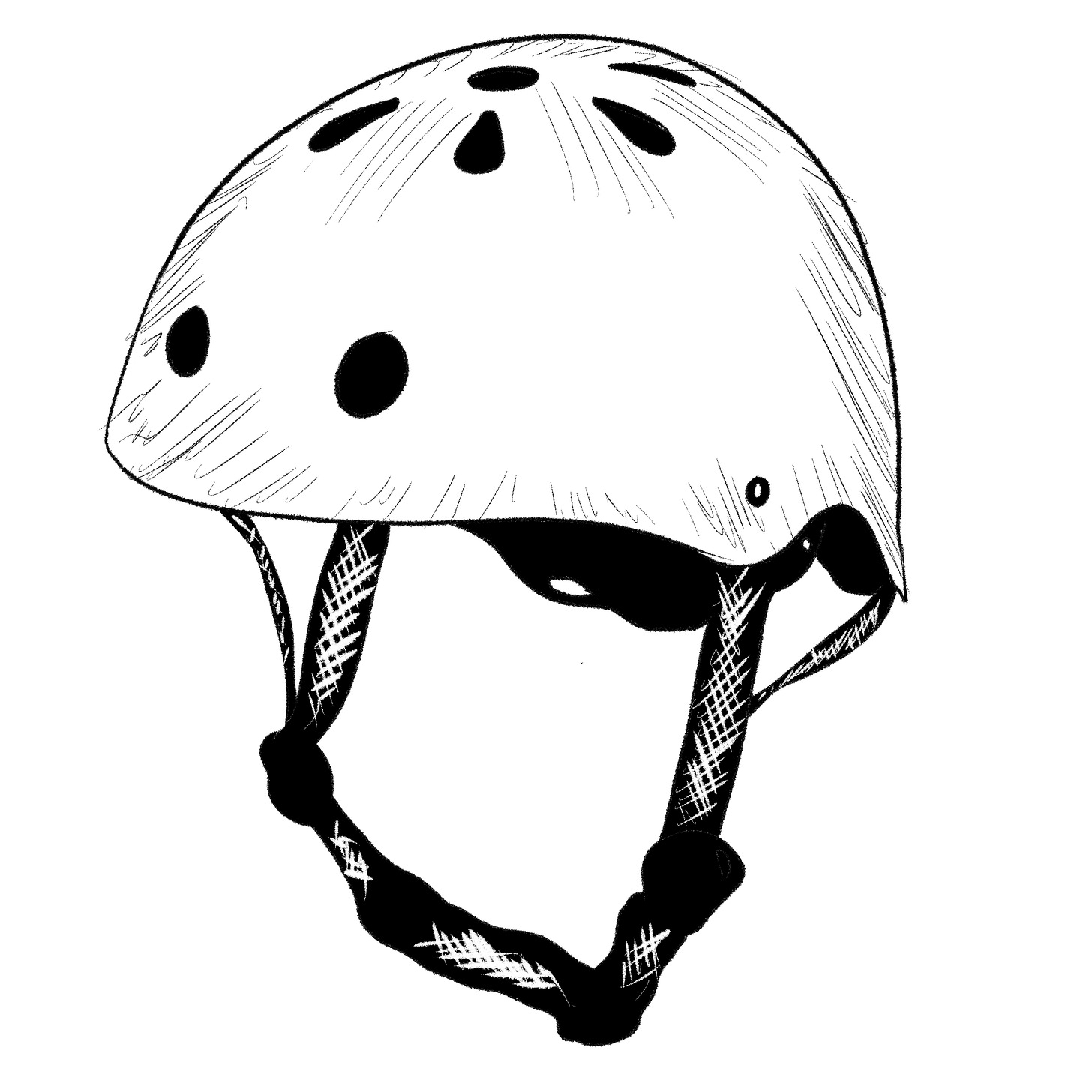
The Violist
I threw some clothes in my car and drove down from Cache to Denton, about two hours away, to stay with a guy I’d been chatting with on OKCupid. I was off my meds. His name was Andy, a yoga fanatic with auburn hair and a mustache who studied music. His gift was in the viola, a gift he’d stretched to its utmost limit. Career-wise, there was little one could do with a viola that Andy hadn’t wrung out of it.
We met in the town square; Denton has an old fashioned one, the kind that made me picture a mayor in a big mayor hat addressing a crowd. Andy was lithe and surefooted; maybe it was the yoga, or maybe it was the music, his body conforming to his view that the world was entirely a matter of rhythm. He spoke like he was on the verge of saying something searing, but he never actually did.
“Look who showed up after all,” he said, throwing his arms around me. It was summer. The sun was going down and the air was resting after being scorched all day—not quite a breeze, but a sigh of relief, audible in the trees. “I guess so,” I smiled, pleased with my own hasty decisions.
Andy’s was a life built on a singular passion. His viola sat in a special place in his sparse apartment by the window like a fancy, lazy cat. It had been built by a world famous viola-maker. He had a viola calendar, as well as a viola clock on the wall. In moments of silence, while walking with me, Andy would sometimes make sharp, serious motions with his head, as a conductor might, following music I couldn’t hear.
Even Andy’s friends were arranged thus. They were all from the music school, he told me as we approached a dive bar one night. There were the opera singers, who were vain and cocky. There were the strings, and the wind, and so on, and each acted in accordance with the personalities of their instruments. “Watch,” he’d whisper to me as one would approach me, perhaps a member of the strings, so I could later confirm that his theory was correct.

Andy and I fell into routine. We’d wake up, untangle from each other, and go about our days. I would tutor students remotely, or do frat boys’ Spanish homework from a coffee shop, and Andy would practice. We’d meet up, go to yoga (I became very flexible that month), eat, go grocery shopping, sleep, and repeat.
All along, I wasn’t well. My anxiety was through the roof, and often I found I couldn’t breathe. There were moments of lucidity where I’d realize I was in the midst of a manic episode. I shook these off, continued building a fake diorama life with this stranger.
Resentment crept in nonetheless: Andy wasn’t doing anything wrong, but his confidence in all things—the way he spoke to me, the way he moved, the way he was so utterly certain—started to grate.
We’d go to the grocery store, and he’d announce, “So we need shallots, peas, and kale” for a recipe he hadn’t warned me about. He’d say, “There’s a yoga studio I want to try today,” and I knew that was where we’d be going. I began to consciously measure how much, if at all, the things I said impacted our daily routine, and found the answer was “not much.”
I began to resent him. I began to resent his viola where it sat by the window, holy and apart. I simply couldn’t do it, I thought. I couldn’t be with a man whose devotions had been so thoroughly settled. What was I there for, anyway, if everything had already been figured out?
One night, I had a nightmare. It shamed me with how crude it was; a fever dream about that damn viola. It was huge, and I was inside it. The wood was like the boughs of a Viking ship, and the strings were wound so tight. How would I know that if I weren’t dreaming? They were oppressively taut, the whole contraption a perfect clock. I felt it in my spine, which likewise was being pulled, I dreamt.
I resented the dream, its lack of subtlety. I left the next morning, and never once heard him play.
The Host
I often found myself mirroring the way Hans spoke, the way he didn’t use contractions and added extra words like “for me” and “of course,” the way many Germans spoke English. I hoped he wouldn’t notice, because I couldn’t get myself to stop. I thought there was something whimsical and generous about speaking that way.
I’d originally come to Dortmund to see Hans, a German man I had decided I was in love with. I’d met Hans while studying abroad in Barcelona. We’d connected on an outdated website called Gay Romeo, which, I’d been told, gay Europeans liked to use.
Hans had emerged from the metro station wearing a leather jacket despite the heat, sunglasses, and black leather boots. He had wavy brown hair, and though most of him was covered up I figured he was exceptionally attractive based on the way he moved. Often, hot people will walk like nothing bad has ever happened to them.
He took off his sunglasses, I was proven right, and we spent the rest of the summer getting drunk in clubs, occasionally making out, and blowing each other in dark rooms. Hans had a lightning quick, decisive way of speaking. It wasn’t that he talked fast—he didn’t—it was that his judgments left his mouth with a haste that suggested he’d already figured the world out and was more than a little bored with it.
“Yes, it is normal,” he would often say whenever I pointed something out that seemed odd to me—the outrageously low price of cava, the way Catalonians threw fireworks right down onto the street from their balconies during festivals, the way people ate dinner so late at night. “Yes, it is normal.”
We parted on good terms. I went back to Oklahoma, he went to Shanghai, but remained in touch over WhatsApp. It was about a year after I graduated college that I’d saved up money from my jobs in Oklahoma and decided to visit Hans where he was studying advertising in Dortmund.

How did I decide I was suddenly in love with Hans? A strange memory had been cropping up. It was the day I’d met him. We’d said goodbye, and I was on the metro back to my flat. I’d missed my stop, went two stops too far, because I’d been busy thinking about Hans—him sauntering out of that ugly website and into my life, as he had.
Hans had a teasing energy that got me going. “Do you like me?” he’d asked rather abruptly while we were sitting eating pizza on a cathedral step. “Are you already in love with me, John Paul? You can tell me so. I won’t be mad with you. I might feel the same way. How will you know unless you tell me?”
It was easy to fall in love with a person like that. Especially later, when I had little to do in Oklahoma besides reminisce and stare at the dull ceiling of my life and trace out fantastic shapes.
Hans was in Dortmund, so I went to Dortmund. I couldn’t have told you the first thing about the place. I flew into Dusseldorf and took a train to where he lived, passing by the stoic German forests that all the fairy tales with the creepy, rosy-cheeked illustrations had wandered out of.
His flat was at the top floor of a creaky walkup. I was enchanted with this vision of his domestic life, Hans being the kind of person who I thought had transcended the regular condition of living amongst pots and pans and mattresses and such. He immediately stepped into the Converse shoes I’d brought him, something he’d asked for because “they are cheaper in America,” and said, “Right, we will go.”
Dortmund was a college town. We ate, drank, met his friends, had sex, and quickly decided we weren’t supposed to be together. There was little to elaborate on. We were, in the end, entirely incompatible: his general bravado always made me feel like I was walking several paces behind him, and my occasional sullenness made him feel like he’d done something desperately wrong.
Not long after we decided to just be friends, he introduced me to Lukas, whom, this time, I immediately fell in love with, rather than taking time to make up my mind about it. And why love Lukas? Well, Lukas was kind and tall and curious—about the customs of people he’d never met, about the hobbies of his acquaintances, about the way everyday citizens of faraway places got around.
“We are so lucky to have the trains here in Germany, John. What do you do in Oklahoma? I want to know how you do it.” He’d lean in when asking these questions. “John, I hear so often of the guns in your country. What a problem, yes? It makes me nervous for you.”
I was nearing the end of my time in Germany when I met Lukas. We had another one of Hans’ parties to go to, this one in a barn near a town called Essen. We stepped out into the cold, Hans, Lukas, three people I never got to know, and me, walking out from the station into the trees. There was a line, and it was crowded inside, and we were already drunk before we’d arrived thanks to Hans.
I stood in stiff, awkward silence in the corner of the dancefloor, observing a slice of the world that, I supposed, had been happening every week while I’d been sleeping in my room in Oklahoma. “Hallo,” Lukas said in my ear from behind me. I jumped, startled, and he laughed. “Oh goodness, oh, I’m sorry. Please, I will apologize with a drink.”
The day before I left Germany, I got a WhatsApp message from Lukas. “You fly out of Dusseldorf, yes?” he said. “I live here. You can come stay the night. You leave so early.”
It’s only natural to feel silly for wanting something, as I felt when I knocked on Lukas’ door. There’s something a little ridiculous about opening yourself up for such a thing, for offering the universe an opportunity to humble you.
And yet Lukas opened the door, and I found he’d set us up a card table with beers and he had soft music on. This too ended up feeling ridiculous, for how cliche it was, and I felt it was my duty to wade awkwardly into it, rather than jump in, lest it be exposed to be a cosmic joke, as I suspected it was.
The perfect evening happened anyway. We talked about our lives, our siblings, our bad habits.We kissed, and went to bed together, and I told him I would write him “a good love letter,” even if, as I knew, I couldn’t write all that well. I wanted to, but I couldn’t. “Yes, I will wait for it,” he said. I did mail him one, though my brain has mercifully blotted out what I said. “I will cherish it,” Lukas said when he got it.
I came back to Germany two years later. Hans had messaged me asking me if I’d like to visit Leipzig, where he’d moved. “You will come,” he said, “and we will have a big party. I will invite Lukas and everyone from last time. Lukas is so excited to see you!” I hated myself for how quickly I booked my flight. I thought, not unreasonably, that there was something lucky about Hans, and that if I continued to see him here and there he’d keep leading me to new and exciting things.
We were in his car on our way to his new flat when he told me, very simply and as if it were a small thing, that Lukas wouldn’t be coming after all. “Ah, yes, so strange,” he said. “I told him you were coming and he seemed excited, but he has decided in the end to stay in Dusseldorf.”
I used to shoot arrows out in the country with a bow. It’s hard to describe how or why one knows when an arrow has been lost, before one even goes out to look for it. It’s a realization that occurs the moment it’s been loosed, well before it misses the target and buries itself in the grass, never to be retrieved. It was a small comfort, picturing this, in the moment Hans told me Lukas would not be coming after all.
It is normal.
The Vagabond
José sometimes sold jewelry on the street. He rode a bike everywhere and he used to wear his hair down past his shoulders. He never stayed in one place for too long. He knew a nice spot well protected from the waves of tourists that crashed down on San José del Cabo, and he said we should meet there.
I got a driver at the resort to take me, not quite knowing how I would get myself back. I have never liked resorts—they reek of some agenda—and I shouldn’t have been there anyway. My dad had won a trip with his company and decided to bring his family.
The bar was perched on a protruding cliff and nestled among trees. The inside had neon signs, a jukebox, and not much else, in direct protest, I thought, of the typical trappings of Cabo.
I’m not sure how it came to be that I met José’s acquaintances before I met him. It seems odd now: Had he told them about me, or me about them? But I remember sitting at a table in the bar with two girls, one dressed in pinup style with winged eyeliner and a yellow bandana in her hair, the other a chic, disheveled blonde who looked like she’d run from some past life as fast as she could. They worked on a luxury cruise liner.
“You would not believe the shit, I mean, just the shit,” the pinup one, the more animated of the two, told me between puffs of her cigarette. “The food is shit and rich people are shit.” She made a dramatic motion with her arms, as if asking some god above to come down and kill her. “But this place is nice,” she said, joking by suddenly becoming pleasant. “I like it here.”
The blonde had been watching through tired, hollow eyes the whole time, as if waiting for more information before deciding to speak to me. Finally, I asked her how she knew José. “He’s great,” was all she said, and I could tell by the way she’d said it that it was a compliment she scarcely anointed anyone with.

I told her I met him on Tinder, and then José appeared as if summoned; tall and lanky with furious eyebrows on an impassive face. He was carrying his helmet. “Yo,” he greeted the women, and pinup girl smiled the kind of smile people reserve for military airport reunions. She hugged him, slapped him on the back, “You,” she said.
The blonde smiled serenely. “Hi baby,” she said, and then José turned to me and, of all things, kissed me on the forehead. “This is mi novio,” he told the women. “I hope you approve.”
“Still deciding. I’ll let you know,” pinup girl said with a playful smirk. We talked. I liked the girls, who shared a funny dynamic—pinup was loud and corny, and the fashionably apathetic girl with sleepy eyes looked at her like she was a rambunctious pet. I wondered if they were together, but then they started talking about their lives.
They told me about the cruise liner lifestyle, docking here and there, scurrying out, drinking, fucking, and then returning to their cots. José approved of all this, it seemed, as he met their adventures with nods of his head. To me his rejection of all things sedentary was a bit much, like a loud and blatant accessory, but I decided to indulge him. It enhanced the story for me, anyway.
He asked about my family, and I told him my mom was Mexican, which he pounced on with uncharacteristic quickness, like a lazy crocodile stirred to action. “Oh, and what does that mean?” I told him I didn’t really know, which was true.
“Ah, okay,” he said. “What else are you? Anything else?” I learned it wasn’t the “Mexican” thing José was fixated on. To him, any assertion of identity was a serious and misguided thing that needed to be interrogated until it went away. He did it to pinup girl, too. “What do you mean you’re broke, huh? What does that mean?”
It was easy for him, as he never claimed to be anything himself. He offered instead things he’d done or things that had happened to him—I rode my bike all the way to Chiapas. My dad kicked me out at thirteen. I have had girlfriends and boyfriends.
My sense was that my evening was going poorly with him, but then he paid for everyone’s drinks and informed the girls he’d be taking me back with him. “Mi novio the tourist. I have to watch out for him.” We said goodbye and José walked his bike in one hand and me in the other back toward some place—his house? It couldn’t be. A friend’s house, maybe? I didn’t know.
“You’re afraid to hold my hand in the street?” José asked, although I was holding it and hadn’t said anything. A truck had gone by with a man hanging off the back of it, and I suppose I had divulged some conceit to discomfort, somewhere. “Why?”
“I’m not,” I said. “You are,” he said. Maybe it was that José had the face of a statue, never smiling or laughing or even frowning, that lent him such authority to define things, even things about me, things deep in my interior. He didn’t wield this irresponsibly, I thought. He was right, after all. “You don’t have to be.”
We ended up at some place on some street in some neighborhood, a two-story pastel pink stucco house. Its connection to José, who didn’t live anywhere, was unknown, but we went upstairs where there was an exposed room without walls and cuddled up in a hammock.
“It’s sad, I think,” he said, and how did I know exactly what he was referring to? How did I know he was looking at the sky, which should have been pitch black and dotted with stars but was instead milky and pale with the lights from the resorts, the restaurants, the bars, and other human arrangements? “Even this, huh?” He said dolefully, and then repeated himself. “Even this.”



